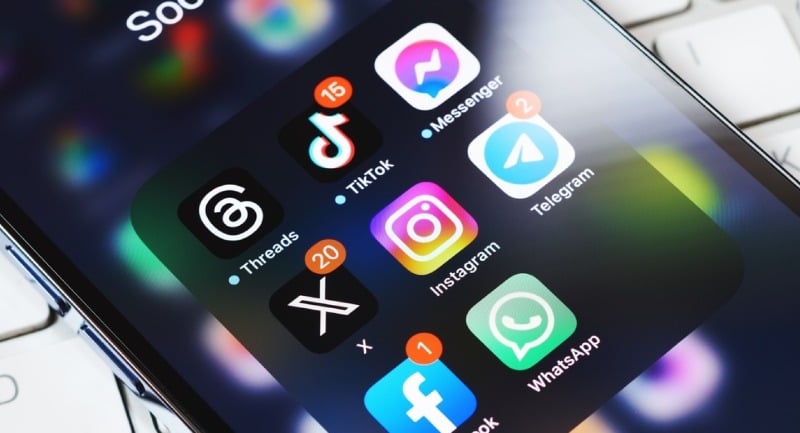News media
Nine publishing on-track to out-earn Nine television within two years
In a forecast issued by Jarden analyst Tom Beadle, within two years Nine’s publishing division, which includes The Sydney Morning Herald, The Age, and The Australian Financial Review, is set to make more money than Nine’s entire free-to-air TV business.
Sam Buckingham-Jones at the AFR reports that Beadle’s forecast has the publishing assets valued at $885 million, ahead of Stan at $655 million, with TV at $601 million, and radio trailing at $25 million.
Murdoch deposition paused in Trump lawsuit
As per court filings released yesterday, Rupert Murdoch and Donald Trump have reached an agreement to hold off on Murdoch’s court deposition until after The Wall Street Journal’s motion to dismiss the case had been heard. The lawsuit is in relation to the WSJ’s reporting on Trump’s relationship with Jeffrey Epstein in the years prior to his mysterious death.
Calum Jaspan writes in the SMH that “the parties had also agreed not to engage in discovery in the meantime.”
Nine Entertainment and News Corp sign deal to keep the printers printing
Print is not dead after all, with Nine and News Corp set to sign a new contract to continue publishing newspapers for at least another five years. The deal extends a pact to consolidate printing, reports Sam Buckingham-Jones at the AFR.
Tech
eSafety Commissioner warns Social media and messaging apps not blocking child sexual exploitation
Julie Inman Grant, Australia’s eSafety Commissioner, has expressed concern Apple Services and Google’s YouTube aren’t tracking the number of reports they receive of child sexual abuse occurring and could not say how long it took to respond to such reports from users. eSafety has also found safety deficiencies with platforms not blocking links to known abuse material or providing mechanisms to report content.
In an exclusive for the Herald Sun, Clare Armstrong reports that eSafety found none of the eight platforms (Apple, Discord, Google, Meta, Microsoft, Skype, Snap, and WhatsApp) “used tools to detect child sexual exploitation and abuse being lifestreamed on all or parts of their service, despite Apple’s Facetime, Discord’s livestream and voice chats, Microsoft Teams and Skype being warned of this issue in both 2022 and 2023.”
Australian writers reject AI
David Knox writes at TV Tonight that in the report, Harnessing Data and Digital Technology, The Australian Writers’ Guild and Australian Writers’ Guild Authorship Collecting Society have rejected the suggestion that a Text and Data Mining Exception for the training of AI models be considered by the government
Former X CEO lands new gig
Linda Yaccarino, the recently departed CEO of Elon Musk’s X (formerly good as Twitter), has been appointed as chief executive of a telehealth start-up that offers weight loss medication.
Hannah Murphy writes for the Financial Times: “Yaccarino stepped down unexpectedly from her chief executive role at X in July, after two years attempting to claw back advertising dollars while also contending with Musk’s testy relationship with marketers.”
The ‘hard tech’ era is upon us
Mike Isaac writes for the New York Times that Silicon Valley companies have moved on from the Web 2.0 era of consumer-focused media services and are now in a ‘hard tech’ era.
He writes: “In office conference rooms, hacker houses, third-wave coffee houses or over Zoom meetings, knowledge of terms like neural network, large language model and graphical processing unit has become mandatory. Stacked up against ChatGPT’s ability to instantly transform any image into a Studio Ghibli cartoon, Instagram’s photo filters are practically Paleolithic. And the chatter is about not how you built your app with the HTML5 coding language, but how many H100 graphics cards — the highly coveted hardware for running A.I. programs — you can get your hands on.”
Brands
Disney on top of global licensed retail sales
License Global’s Top Global Licensors 2025 white paper found that the top ten brand owners delivered US$307 billion in retail sales of licensed consumer products last year, a $26.7 billion year-over-year increase.
Disney, to little surprise, leads with $62 billion in licensed product revenue, which is nearly double the second-ranked Authentic Brands Group at $32 billion.
